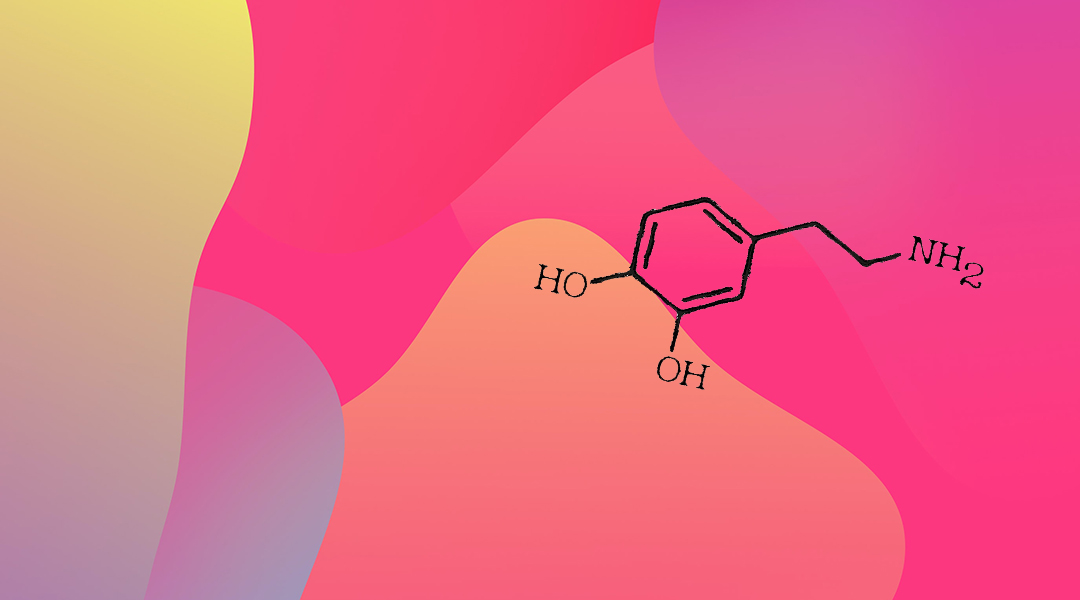An optical device uses light-based signals for computation and communication and is a vital step toward advanced neuromorphic computers.



An optical device uses light-based signals for computation and communication and is a vital step toward advanced neuromorphic computers.

The antipsychotic medication aripiprazole has been shown to help adults over 60 with treatment-resistant depression.

New research suggests that pre-kindergarteners perceive time differently from adults and school-age children.

A new study has shown that the facial recognition areas of the brain play a role in the recognition of famous voices.

Researchers narrow in on a brain receptor that could help eliminate learnt fears and treat ailments such as post-traumatic stress disorder.

A new study has found dramatic reorganization in the brain’s language processing areas in adolescents who had suffered a stroke at birth.

Understanding the mechanisms by which genes can be “turned off” could be a powerful means of pest control.

A short course of the drug rapamycin in mice and fruit flies provided anti-aging benefits and an extended lifespan.

Dopamine might play a more complex role than was previously assumed when it comes to learning and reward association.